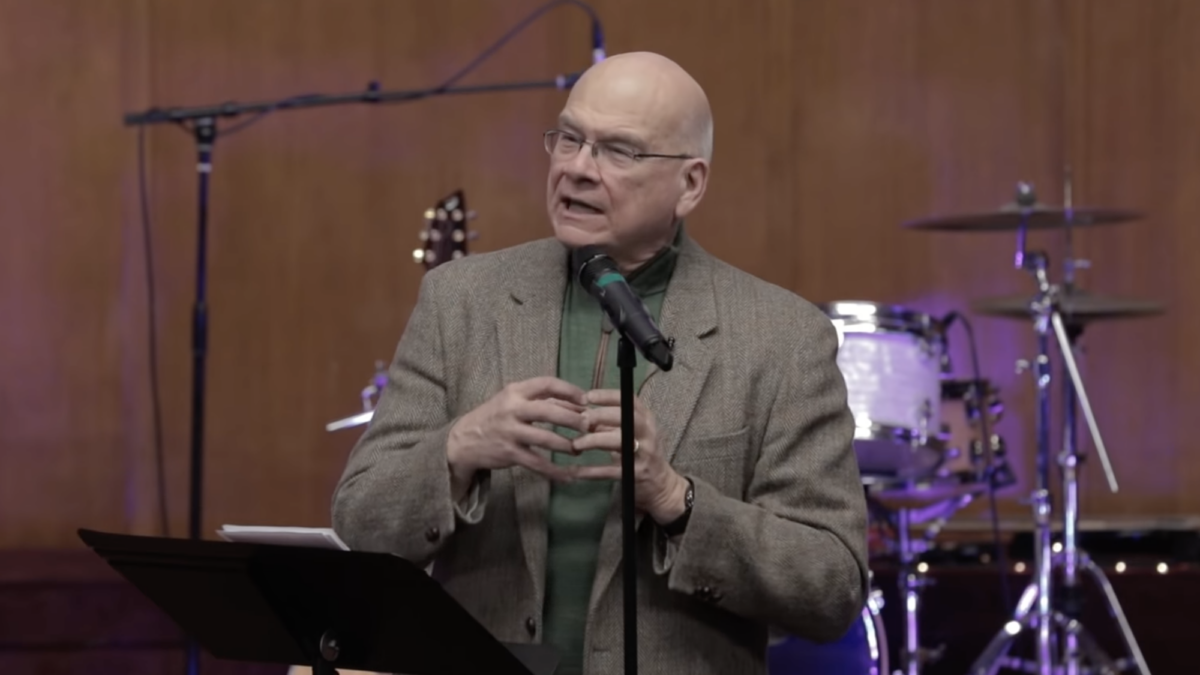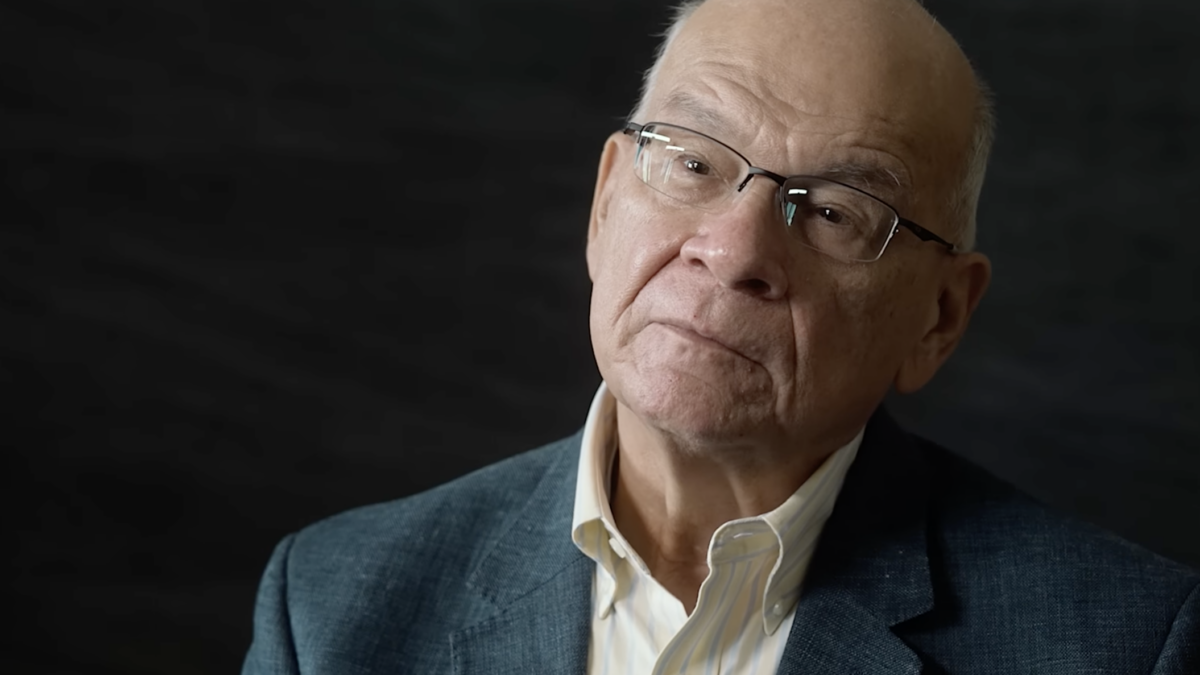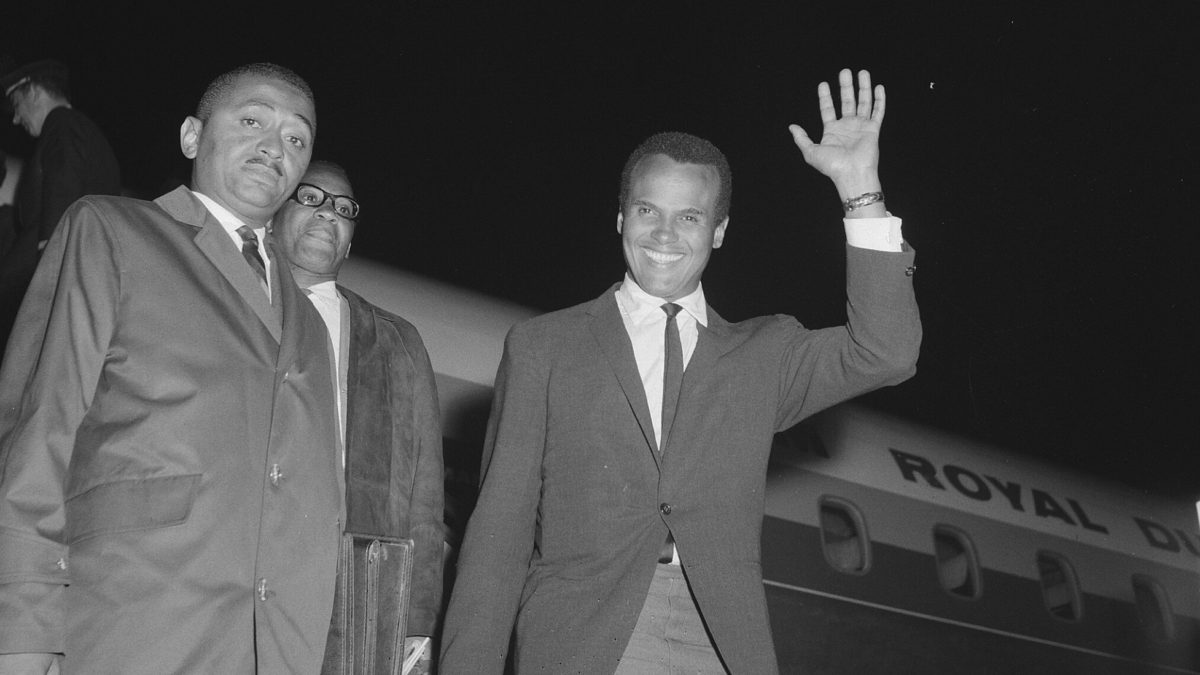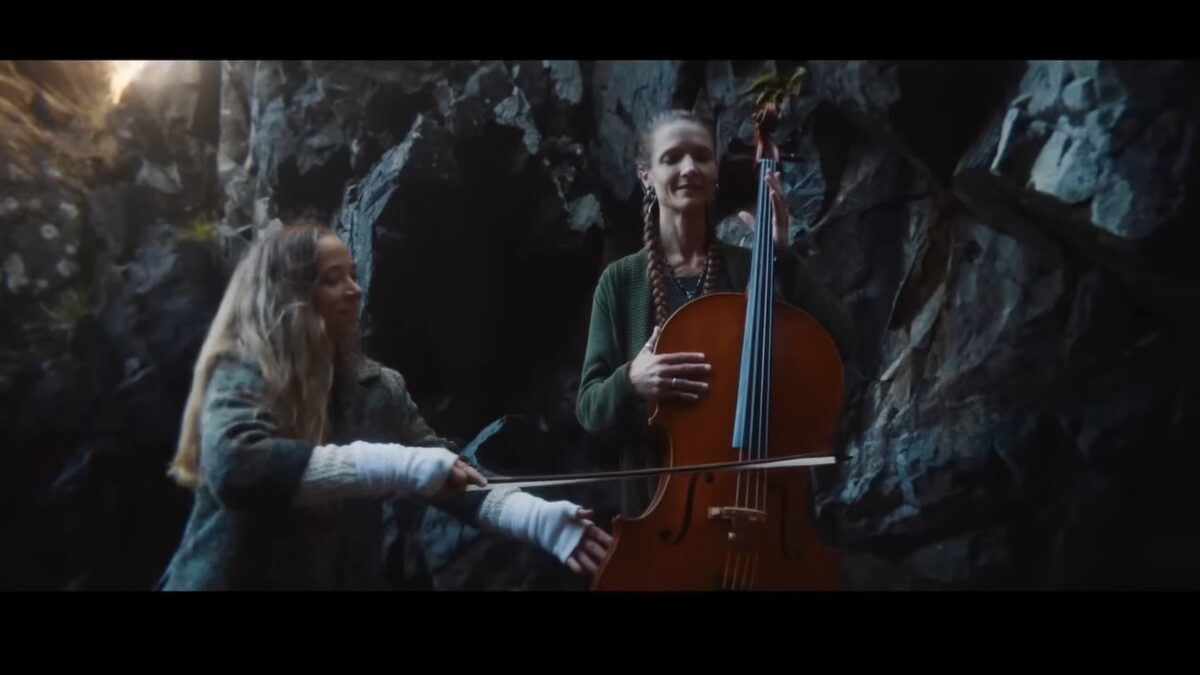
Brittany Maynard plans to end her life on November 1. She has a terminal brain cancer diagnosis, and was given six months to live. So she has decided—with the support of her husband and family—that on November 1, she she will end her life. And Maynard has recently released a second video discussing why.
She told People, “My glioblastoma is going to kill me, and that’s out of my control. I’ve discussed with many experts how I would die from it, and it’s a terrible, terrible way to die. Being able to choose to go with dignity is less terrifying.”
The discussion surrounding Maynard’s decision has been incredibly controversial. She has brought to mind the question of how, when, and whether we ought to end our lives. Are there any moral principles that really ought to dictate how long we should live? Why should we suffer for no reason? One New Republic article notes that, in the modern world, “prayer has been replaced by chemotherapy, surgery and radiotherapy—and the hope for angels in heaven by the bleak reality of hospitals and care assistants in nursing homes.” In this world, what right do we have to refuse patients the welcome relief of death?
Indignity Can’t Conquer Those Who Die With Grace
Both stories reminded me of my grandma. She passed away from pancreatic cancer last month. She wasn’t as young as Brittany, but she had many years left, years we hoped to spend with her. The cancer diagnosis took us by surprise in May. By August, chemo had failed, and we knew it was a matter of weeks… if we were lucky, a month… before she would pass away. But when her pastor asked her if she was frightened or angered by the looming prospect of death, she told him that she wasn’t afraid, and she wouldn’t ask “why.” She said, “All I really worry about is making sure that I die with grace and gratitude.”
Many of us care whether we die with dignity. Many of us care whether we die peacefully. Like Brittany Maynard, we’d prefer to die lovely and happy, surrounded by loved ones, without the devastating pain and indignity of body decay and deterioration. But how many of us care whether we die with grace, or with gratitude?
My grandmother’s death, when it came, was painful, and excruciating for those who watched her pass. But all through her last days, she was absolutely swarmed and surrounded with her kids and grandkids. We stayed late and came early. My sister and I would go into her room and lie on the bed with her, stroke her frail, soft hands and talk to her. Swapping memories, teasing each other. She would smile and tell us how much she loved us. The day I said goodbye to her, I could see she was feeling much worse. But she also had the most regal beauty about her: the beauty of a woman who has been refined by fire, and has not complained once. The beauty of a woman who is facing death with courage and grace, and refuses to quail before its indignities and discomforts.
My grandmother possessed an attitude toward life and death that is largely lost amongst the American populace. It’s the idea of life as gift, as a sacred and precious thing to be savored, as something to be grateful for, even when it’s hard. Such a view necessitates that we see life as something beyond our control: as a holy endowment that we only receive once. It’s something to be cherished, up until its very last seconds. It’s something we should never wish away or cut short.
One Can Die Me First or Loving Others
This attitude of grace and gratitude has been replaced by a sense of entitlement and ownership: the idea that we own our lives and direct their trajectory, that we can control their circumstances and comforts. This idea stems from a variety of factors in our culture, but individualism and consumerism are definitely primary causes. Individualism urges us to think that we are responsible for ourselves alone, that our pains and pleasures are of utmost importance, that we need not bind ourselves to any human community or obligation. This idea thus enables us to hold our communities at a distance, to bind them to ourselves with weak cords that can easily be snapped. This sort of idea enables us to put our own desires before the considerations of kith and kin.
Consumerism, similarly, tells us that our desires come first, and that the satiation of such pleasure should be the primary director of our lives. We are taught that what we crave is who we are, that the pains and pleasures racing through our bodies must be assuaged, here and now.
Neither of these ideas give us the mental armor necessary to face death. If you really believe that this life is about fulfilling your pleasures and stifling your pains, then what lengths wouldn’t you go to stifle the greatest pain there is? And if you really believe this life is about making the individual happy and fulfilled, then what does it matter whether we live out those last moments with family? Why—how—would one choose to live sacrificially for them, despite the pain raging through decaying flesh?
I know that’s what my grandmother did. Those last days of excruciating pain could have easily been skipped, blotted out, nicely cut short. But she loved us. And so she wanted to savor every last second she could get with us, all the golden sweet moments. And she also wanted to show us something powerful: what it’s like to die, with grace and gratitude.









